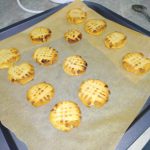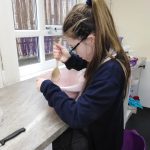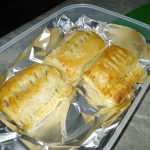Design Technology
Rationale
At Leamington Community Primary school, we believe Design and Technology gives children the opportunity to develop skills, knowledge and understanding of designing and making functional products. We feel it is vital to nurture creativity and innovation through design, and by exploring the designed and made world in which we all live and work.
Design and Technology is about providing opportunities for children to develop their capability. By combining their design and making skills with knowledge and understanding they learn to create quality products. Children get the opportunity to make decisions for themselves and do practical work. They create products they can see, touch – and even taste and feel proud to have done so. Design and Technology brings learning to life. It is a motivating context for discovering literacy, mathematics, science, art, PSHE and ICT.
Design and Technology education involves two important elements – learning about the designed and made world and how things work, and learning to design and make functional products for particular purposes and users. Children acquire and apply knowledge and understanding of materials and components, mechanisms and control systems, structures, existing products, quality and health and safety.
They are encouraged to be creative and innovative, and are actively encouraged to think about important issues such as sustainability and enterprise.
Curriculum
Children at Leamington Community Primary School undertake three design and technology projects each year. One of these projects will be food-based and the other two will be practical units that focus on designing, making and evaluating a product based on the design criteria of the unit. All units will follow the same principal format:
- Designer study
- Technical knowledge, understanding and skills development
- Design
- Make
- Evaluate
As part of each unit, children at Leamington will undertake a designer study. They will look at the work of influential designers and study their work to gain further understanding of how products are designed to specific criteria. They will evaluate the work of designers and use their knowledge to inform their own designs. For example, as part of a unit where children were making their own hand puppets, in the style of the Beatles, they explore to work of Jim Henson.
Where possible Design and Technology projects are linked to the immersive curriculum that runs throughout the term. A problem is often posed as part of the immersive unit, and Design and Technology can be used to solve the problem. For example, the children from ‘The Lion, the Witch and the Wardrobe’ are lost in Narnia and need a lamp to light the way. Can you design and make a lamp to help them get back home?
We are developing the use of technology through our DT curriculum. We use programmes such as Tinker CAD to design objects and buildings in 3D. We have also recently invested in some dedicated Art and Design IPADs equipped with all the latest design apps and Apple Pencils for better control.
Assessment
We have developed a robust set of progression documents that highlight the skills, techniques and knowledge children need at different stages in their primary education. We have highlighted some skills that run across all units, such as designing, making and evaluation of their own and other’s work, while there are some skills specific to different design forms. We use knowledge of these skills to assess children during each DT session and we also assess the children’s knowledge, understanding and skills in these areas at the end of each unit and feedback to parents at the end of the year.
Enrichment and Extra-Curricular
We enrich our DT curriculum with a number of further opportunities for children to develop their skills and passion for design and technology. We always include at least one Design and Technology homework task for the children to complete each term.
Mrs Fredson runs a very popular after-school Cookery Club, where the children learn to read and invent recipes, work collaboratively and develop skills for life by making delicious meals and snacks. The children also work with our school catering team to learn about the role of food and technology in the world of work.
We regularly invite professionals into school to develop the aspirations of our children. For example, professional chefs run workshops for the children. The children not only get the opportunity to work alongside a professional to produce a meal, but also to talk to them about their jobs and career.
Absolute Catering run workshops with all children to educate them about healthy food and hygiene. The children learn how to keep themselves safe using kitchen tools and also make a healthy meal such as a pizza or fruit salad.
As part of our mission to develop the children’s aspirations and future life experiences, they also have the opportunity to speak to professionals in the workplace and by attending trips and workshops outside of school.
We use Compact to develop aspirations and life experiences further. Children from years 4, 5 and 6 attend workshops led by professionals. They work as a team to design, make and promote a product before pitching to the rest of the year group. They take on different roles and learn how to work collaboratively on a design project.
Subject Leader: Miss H Gibbons
Knowledge, Skills and Understanding
Designers and Inventors linked to the Curriculum
Progression of Skills – Design Technology









